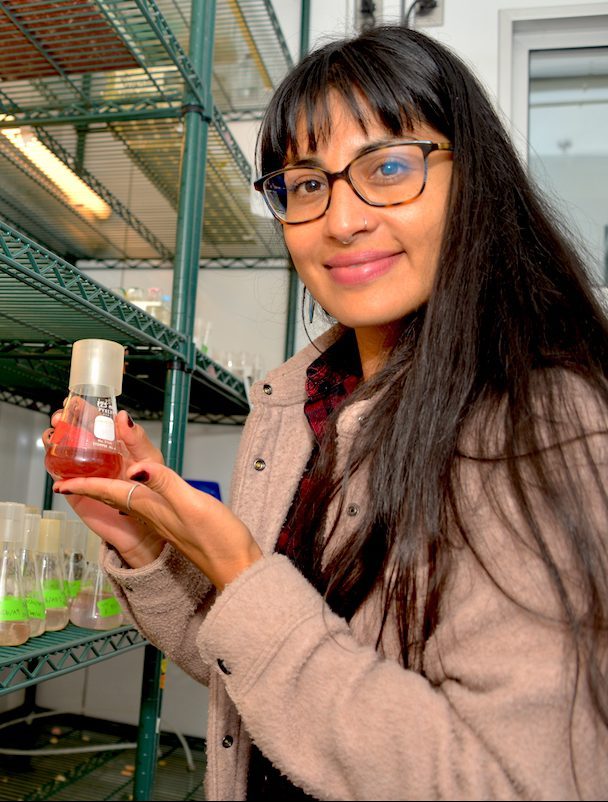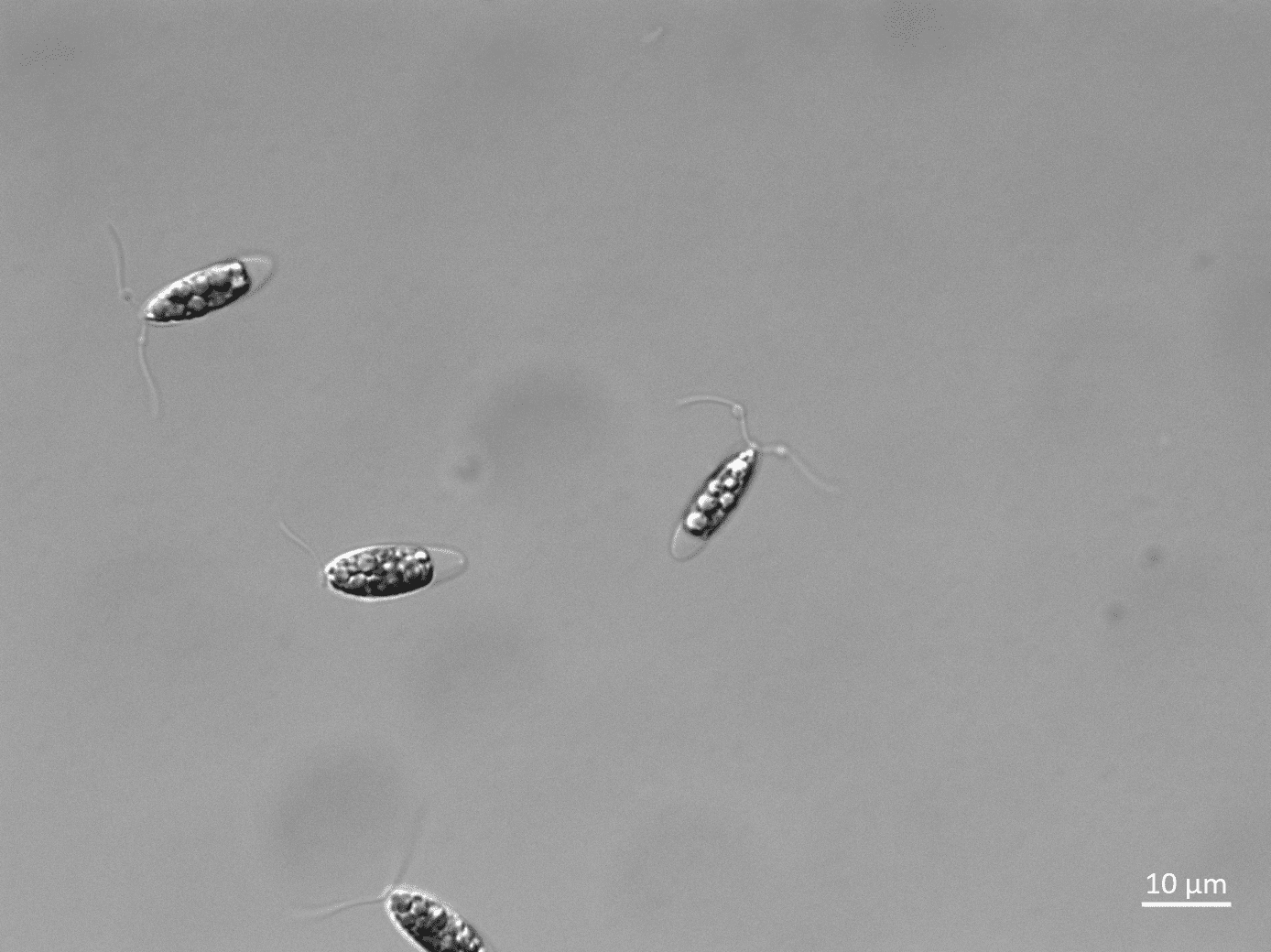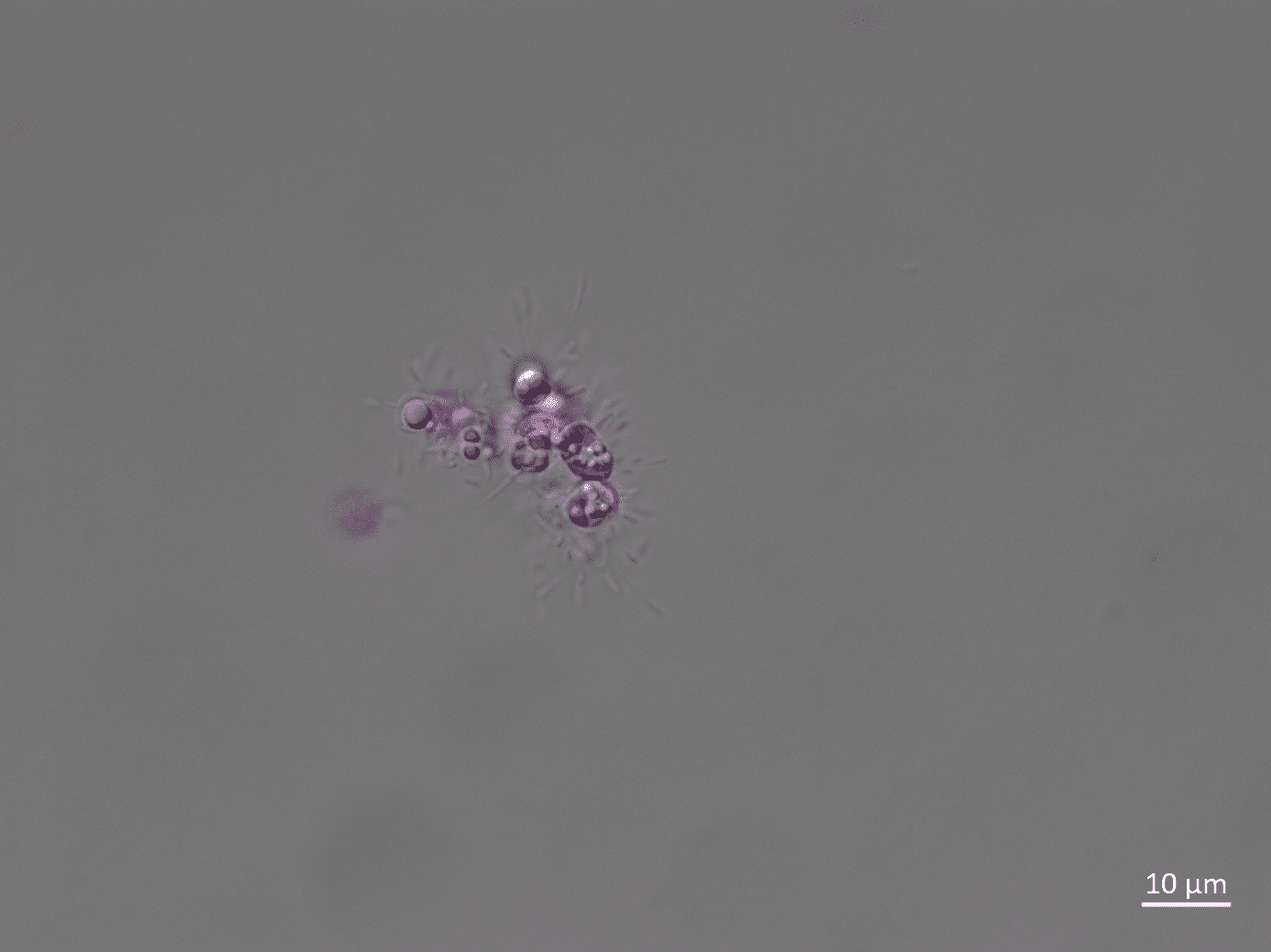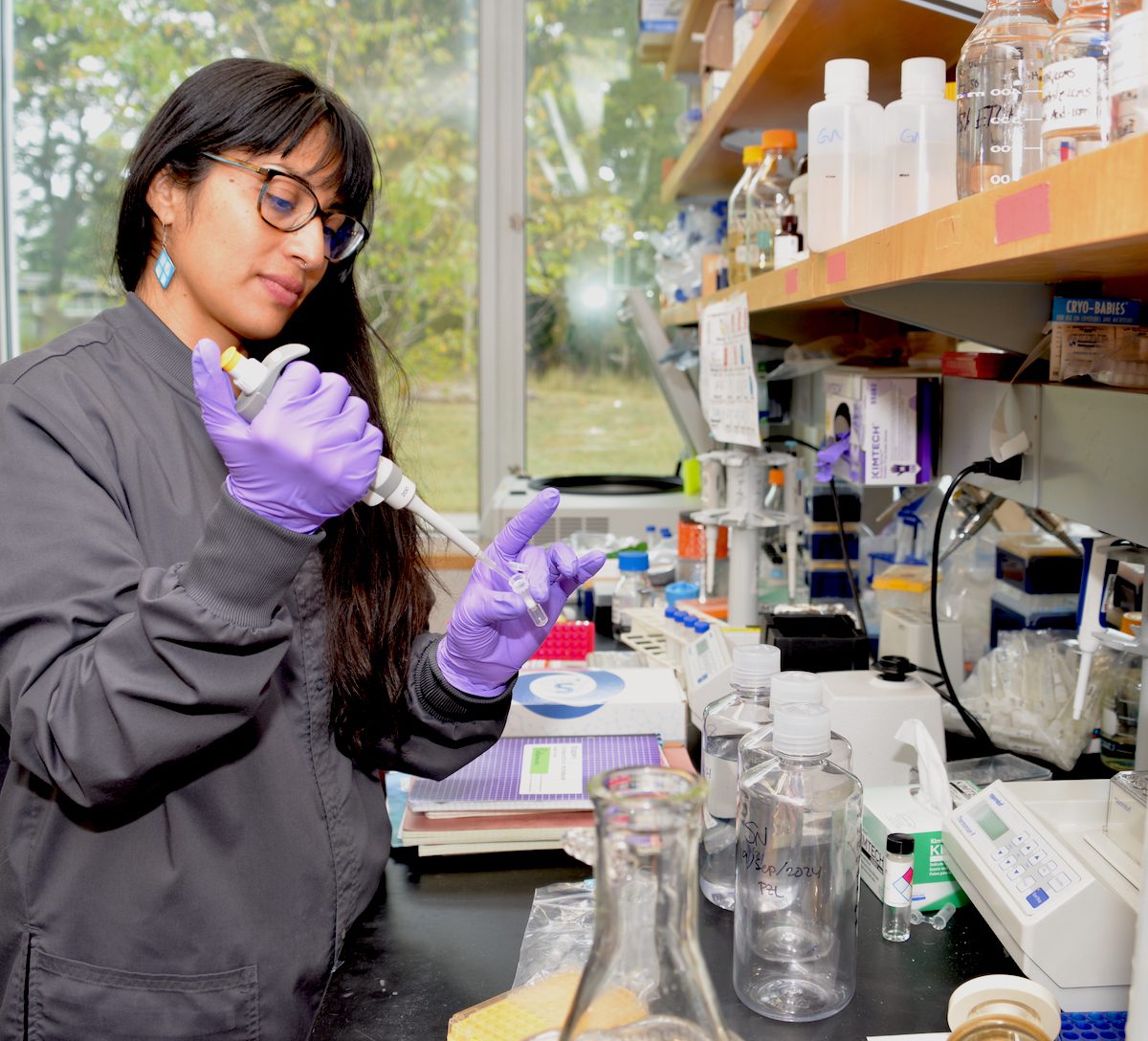Growing up in Mexico, I knew I liked science, but I wasn't exposed to all the different opportunities in the ocean sciences because those resources were not as available for me through the public education system. Also, scientific resources usually go to medical research because that's what humans need, and therefore, most early scientific interest is steered towards medicine– which is what happened to me.
I didn’t really discover my passion for the ocean sciences until I moved to California and took a field trip to Big Sur to study forest and intertidal ecology. I transferred to UC Santa Cruz and started taking more and more classes that had to do with marine biology. I got my scientific SCUBA diving certification and did a lot of intertidal and coastal research. It was fun to do science and get to be outside. But I always knew that I wanted to do something that didn't just have an obvious beauty. I didn’t want to study sea otters just because they’re cute. I wanted to study something big enough that would allow me to strive for a better world more directly.
It wasn't until my master's degree that I started focusing more on biogeochemical cycling and primary production being limited by the chemical regime of the ocean. And that's when I found my niche. These processes are beautiful in their intricacies and entanglements. It amazes me that such complex dynamics of invisible exchange supports all life in the ocean, and that even while the ocean goes through so many changes, there are so many mechanisms for equilibrium to be maintained and for life to prevail.
There wouldn’t be life in the ocean without primary production.
We see these big whales and they're obviously beautiful and majestic, but you take phytoplankton from the ocean and everything goes down. And that's what I like about biogeochemical cycles, that these processes are so invisible and quiet but yet, so essential to all life. So, it is crucial we understand the responses of the microbial communities to a changing ocean. I am happy that now I get to contribute to understanding and protecting these communities.
I do think that growing up in Mexico gave me a very humble and simple perspective of life that allows me to appreciate simple things. I don't need much to survive. And if anything, I feel like the world kind of needs to go towards a more simplistic lifestyle, where we don't consume so much, since we've already taken so much from Earth.




